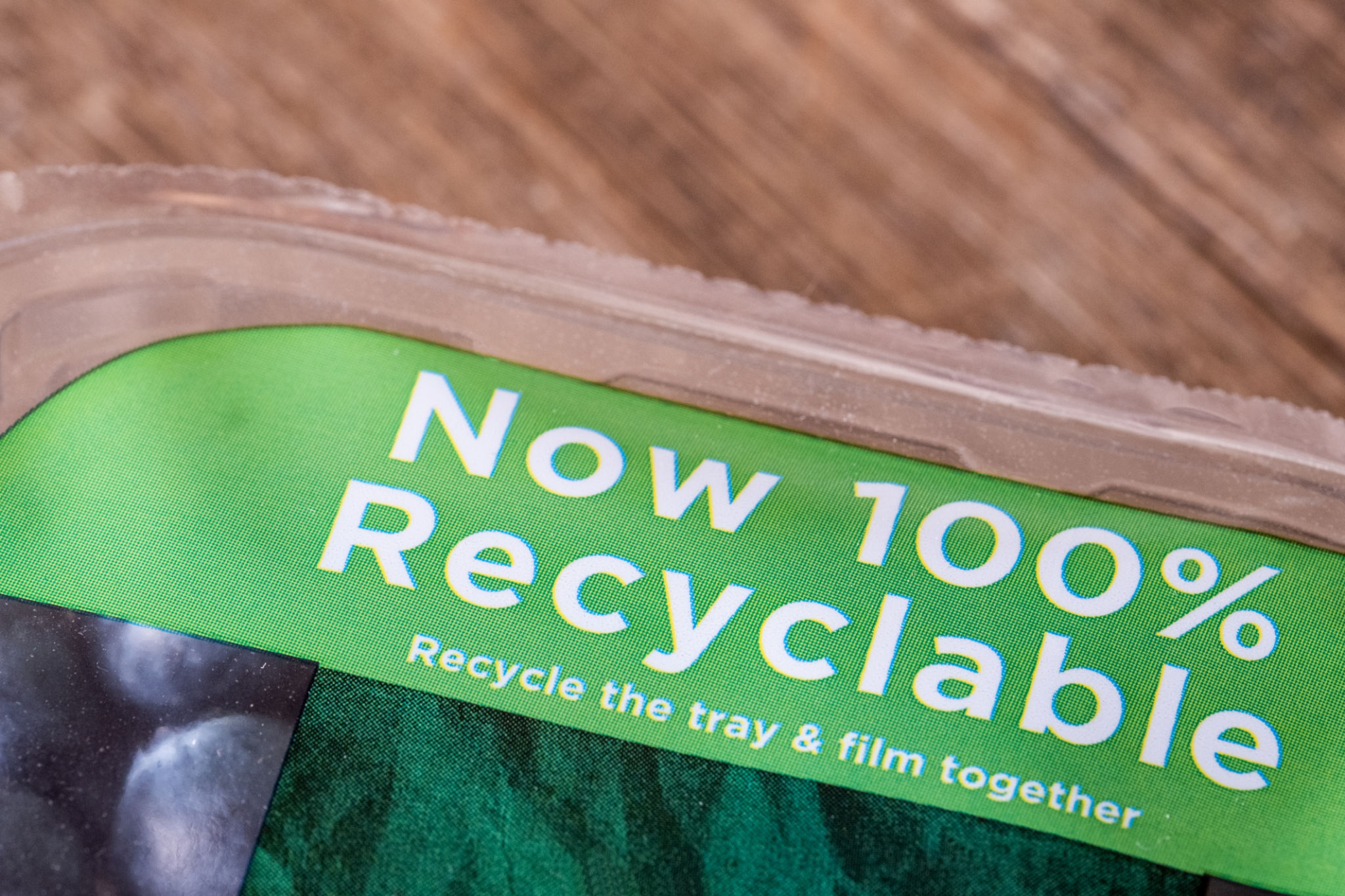How to Build a Sustainable Business Strategy from Scratch
Understanding the Importance of Sustainability in Business
Building a sustainable business strategy is not just a trendy buzzword; it's a crucial approach that ensures long-term growth and resilience. A sustainable business focuses on meeting current needs without compromising the ability of future generations to meet theirs. This holistic approach considers environmental, social, and economic factors, aiming for a balance that supports both the planet and profitability.
Companies adopting sustainable strategies often find themselves ahead of the curve, benefiting from cost savings, improved brand reputation, and increased customer loyalty. It's essential to recognize that sustainability isn't a one-time project but an ongoing commitment to improvement and innovation.

Setting Clear Goals and Objectives
The foundation of any successful strategy is setting clear and achievable goals. Begin by defining what sustainability means for your business. This could involve reducing carbon emissions, improving supply chain transparency, or enhancing community engagement. Whatever the focus, ensure that your goals are specific, measurable, attainable, relevant, and time-bound (SMART).
By aligning your business objectives with sustainability goals, you create a roadmap that guides decision-making and resource allocation. This alignment also helps in measuring progress and identifying areas for improvement.
Engaging Stakeholders in the Process
Incorporating sustainability into your business strategy requires buy-in from all stakeholders, including employees, customers, suppliers, and investors. Engage them early in the process through open communication and collaboration. This involvement not only fosters a culture of sustainability but also generates valuable insights that can enhance your strategy.

Consider forming a sustainability team or committee responsible for driving initiatives and monitoring progress. This team can act as ambassadors for your strategy, ensuring that sustainability remains a priority across all levels of the organization.
Implementing Sustainable Practices
Once you've established goals and engaged stakeholders, it's time to implement sustainable practices. Start small by identifying quick wins that can yield immediate results. These could include energy-efficient lighting, waste reduction programs, or eco-friendly packaging solutions.
Gradually expand these efforts by integrating sustainability into core business processes. For example, consider adopting circular economy principles where waste is minimized, and resources are reused or recycled. These practices can lead to significant cost savings and operational efficiencies over time.

Measuring and Reporting Progress
To ensure your sustainability strategy is effective, it's vital to measure progress regularly. Develop key performance indicators (KPIs) that align with your goals and track them consistently. This data-driven approach helps identify successes and areas where adjustments are needed.
Transparent reporting is equally important. By openly sharing your achievements and challenges with stakeholders, you build trust and credibility. Consider publishing an annual sustainability report that highlights key milestones and future commitments.
Continuously Innovating and Adapting
Sustainability is a dynamic journey that requires continuous innovation and adaptation. Stay informed about industry trends, emerging technologies, and evolving regulations that impact your business. Encourage a culture of innovation where employees are empowered to propose new ideas and solutions.
By remaining agile and responsive to change, your business can maintain its competitive edge while contributing positively to society and the environment.

Conclusion: The Path Forward
Building a sustainable business strategy from scratch may seem daunting, but it is an attainable goal with significant rewards. By understanding the importance of sustainability, setting clear objectives, engaging stakeholders, implementing practices, measuring progress, and fostering innovation, your business can thrive in an ever-changing world.
The journey towards sustainability is ongoing. Embrace it with commitment and creativity to ensure long-term success not just for your business but for the planet as well.